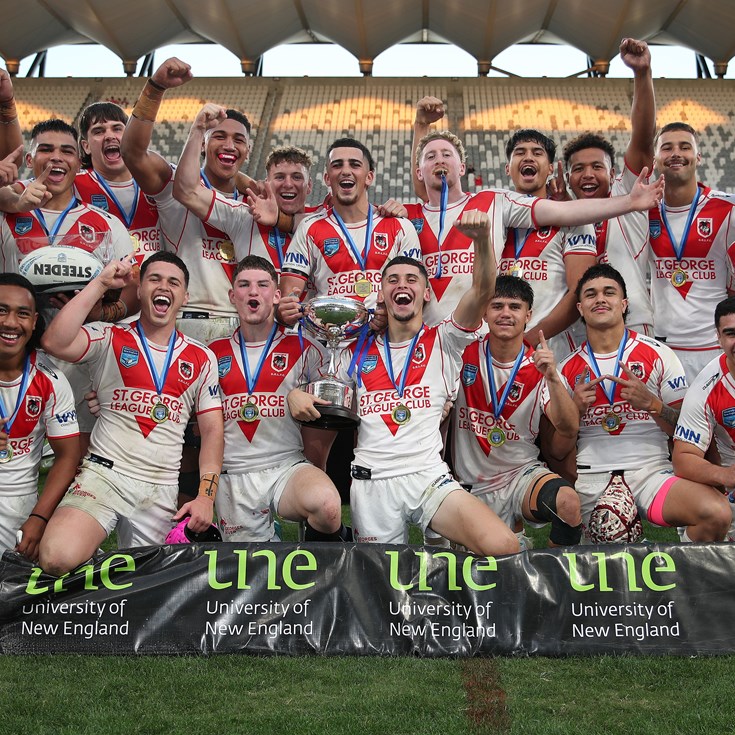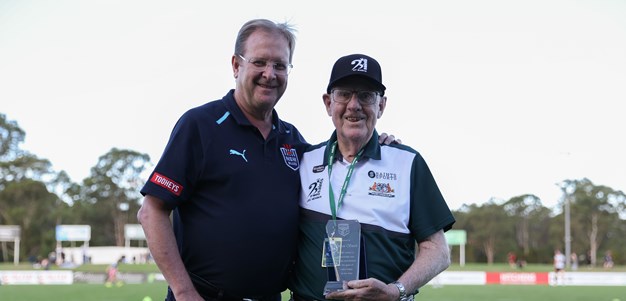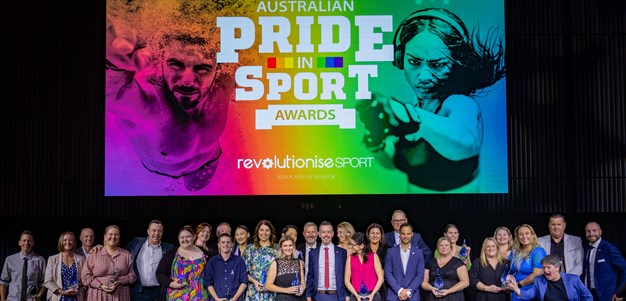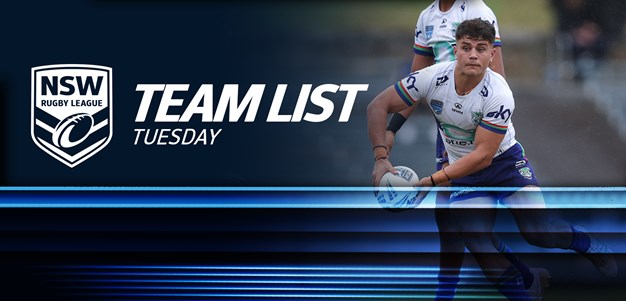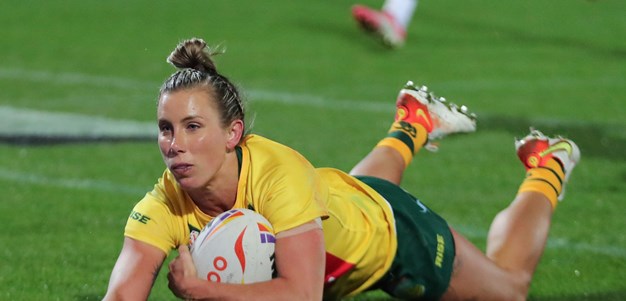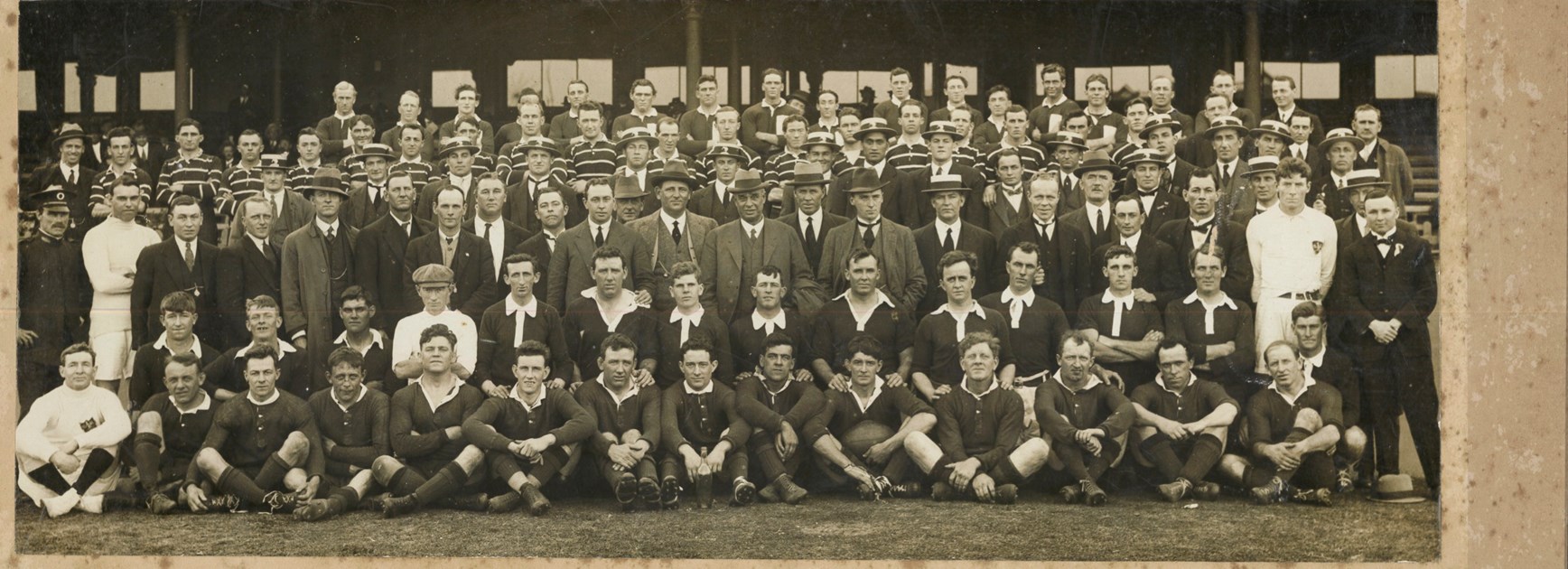
Terry Williams
Friday, 19 July marked a major milestone in Australia’s history and for Rugby League.
Although fighting in the First World War ended with the Armistice on November 11, 1918 the Treaty of Versailles was not signed until June 28, 1919.
July 19, 1919 was officially designated as Peace Day across the British Empire to mark the official end of the First World War. In London the Allied leaders of General Haigh (England), General Pershing (USA) and Marshall Foch (France) led a parade of 150,000 troops through London.
There was just as much enthusiasm in Sydney. Church bells were rung throughout the morning, flags and streamers were festooned on major buildings and landmarks and there was a parade of 10,000 troops through the city centre before a range of sports events were held in the afternoon.
Thousands of league players from throughout NSW and Qld had served during the war, so on that day in 1919 the NSWRL staged a major programme of games at the SCG to mark the event, with the highlight being the resumption of interstate football as NSW met Qld for the first time since 1915. The main curtain raiser featured Combined NSW Country up against a Combined AIF XIII.
This was the only time an official AIF team took part in a representative match during the war years, as rugby league was largely a pariah code to the military authorities, and there were some famous names in the AIF side.
Teams were:
Combined Country:B Wilson (Goulburn), C Scott (Tamworth), C Plowman (Orange), F Brien (Newcastle), V Fields (Gerringong), E Evans (Orange), W Yates (Tamworth), CT Minnett (Kiama), H Williams (Newcastle), J Quinn (Newcastle), F Reed (Orange), A Baber (Newcastle), B Robinson (Tamworth)
AIF: Lionel Sheeley, Percy Upham, Viv Farnsworth, Roy Farnsworth, Cec Maunder, Alex Bolewski, Phil Regan, Jack Watkins, Tom Quinn, Wesley Easterbrook, James Redmond, Harold Hancock, Edward Brooks
Sheeley was a good fullback with both Souths and Glebe, Percy Upham drew praise whenever he played with Annandale or later Newtown while Maunder was a north coast star who represented Queensland and had a stint with North Sydney.
The Farnsworth brothers were both top notch – Viv and older brother Billy had been members of the successful 1911-12 Kangaroo touring team and Roy, the youngest of the trio had represented NSW on a tour of New Zealand. Viv and Bill had actually been playing with Oldham when war broke out, so they served with a Manchester regiment.
Alex Bolewski was also a member of a famous footballing family. Mick Bolewski had been one of the stars of the 1908 Kangaroo tour and afterwards played with Leigh, Henry had also represented Australia, Walter played for Queensland and Alex would play for NSW. Alex’s Glebe team mate Phil “Wombo” Regan had grown up in the school of hard knocks as a youth on the SS Sabroan and would later become a pioneer of coaching in the Riverina.
Lock and skipper Jack “Bluey” Watkins was simply a superstar and has the unique record of being the only man to win a premiership and play for Australia both before and after the war. Tom Quinn from Newcastle was alongside Wests’ Wes Easterbrook in the back row, the latter one of three brothers who served in the AIF with distinction.
“Pony” Redmond had starred with Glebe and won representative honours before enlisting and serving, first in New Guinea and then at Gallipoli where he was injured. He also played with Wests and St George after returning. Harold Hancock was from a prolific North Sydney footballing family whilst “Tedda” Brooks, who looks as hard as his record suggests, played with Newtown before and after the war, ultimately ending his career with Wests. He went on to be the Grand Old Man of Newtown when they had their last hurrah at the first grade level in 1983.
The AIF, wearing khaki, had too much class and combination on paper for the Country team, and that’s exactly how the game developed as AIF won by 18 to 5.
